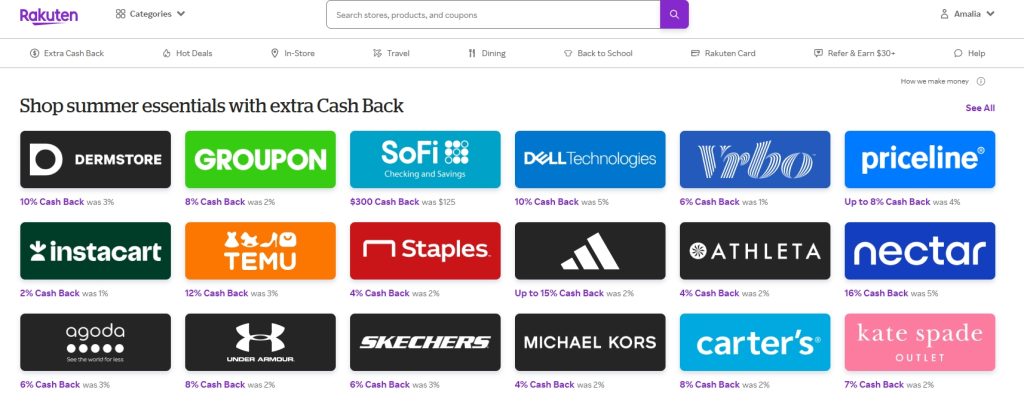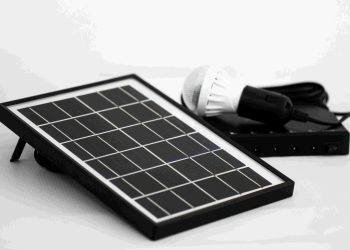Let’s call cashback what it really is:
A psychological con job.
It’s a system designed to make you feel like a genius for earning back 2% of your own money after a three-month waiting period. It’s a shell game where they dangle chump change in front of you, make you jump through hoops, and earn interest on your patience.
It’s a joke. And I’m done being the punchline.

My Breaking Point
My decision to burn the whole rotten system to the ground came while trying to buy Final Fantasy VII Rebirth.
The price was nailed to the floor everywhere. The cashback cult sites, my old go-to’s like iGraal, were offering me literal pennies. Pennies that I wouldn’t even see until autumn.
I just looked at the screen and felt a surge of pure contempt. Not at the game’s price, but at the sheer audacity of this “loyalty” model.
This isn’t a partnership; it’s a master-and-servant relationship, and we are most certainly not the masters.
The Lightbulb Moment
I was about to give up. Then, on a whim, I typed it into the Rakuten France search bar. And everything changed.
It wasn’t a discount. It was something far more powerful.
Right under the price, it said in plain French that I’d get nearly €19 back in points. Points that would land in my account almost immediately after the game shipped.
[SUGGESTION: This is the perfect place to insert a screenshot of the Rakuten product page showing the points offer. It will make your point instantly credible.]
That wasn’t a refund. It was fuel.
A New Philosophy: Momentum Over Float
This is the hill I will die on: the difference between momentum and float.
Traditional cashback sites operate on float. Your float. They hold your money, your reward, for months. It sits in their account, a rounding error on a balance sheet, while you wait. It is a system built on inertia and delay.
Rakuten’s Club R is built on momentum.
The ~€19 I got back wasn’t a pathetic apology for a past purchase. It was a significant, tangible down payment on my next one. It’s a system designed to create a flywheel.
It’s a self-perpetuating engine of your own consumption, funded by the system itself.
You buy one thing, and it makes the next thing cheaper. That purchase makes the next thing cheaper still.
Okay, But Is It a Trap?
My inner cynic screamed, of course. “It’s a walled garden! The points are a trap to keep you inside!”
And I would’ve agreed, if the garden wasn’t the size of a goddamn jungle.
My image of Rakuten was stuck in the past. I was wrong. It’s become a sprawling ecosystem. You have major retailers like Boulanger and Carrefour selling their brand-new inventory. You have pro sellers slinging everything from iPhones to Nikes. And you have thousands of regular people selling their second-hand stuff.
In the last month alone, I’ve used points to buy:
- A new mechanical keyboard
- A hard-to-find Japanese novel
- A ridiculously expensive LEGO set for my kid
The “trap” is only a trap if there’s nothing inside you want. When the store has everything, it’s not a trap. It’s a goddamn private shopping lane with its own currency that you earn at an insane rate.
The Verdict
Let’s be brutally honest. You can keep playing the old game. You can chase the 2% carrot, celebrate the coffee money you’ll get back next season, and let these companies play you for a fool.
Or you can switch to a system that gives you a meaningful 10%, 15%, or even 20% back right now.
A system that respects your time and rewards your business with immediate, usable value. A system you can actually play, instead of being played by.
From where I’m standing, it’s not even a choice.
Do yourself a favor and see for yourself.
(Clear Call-to-Action Link):












